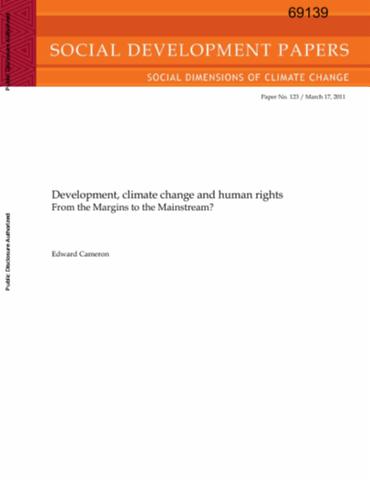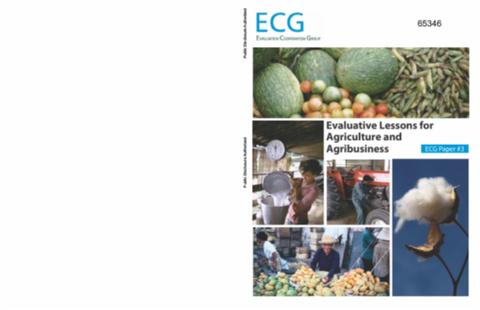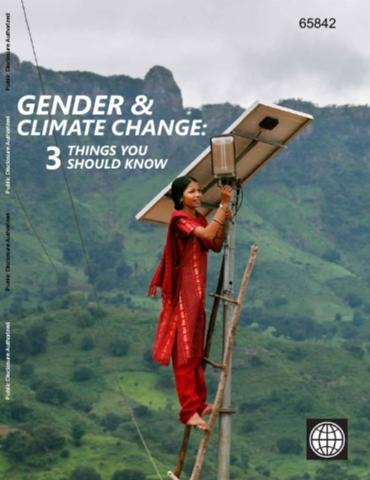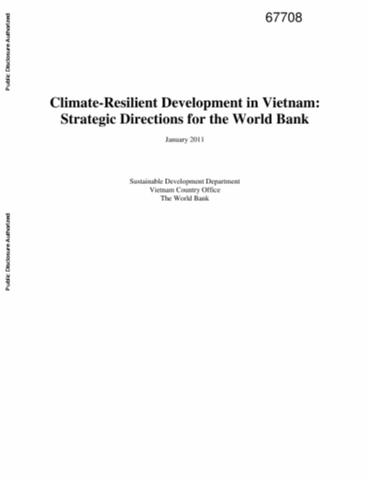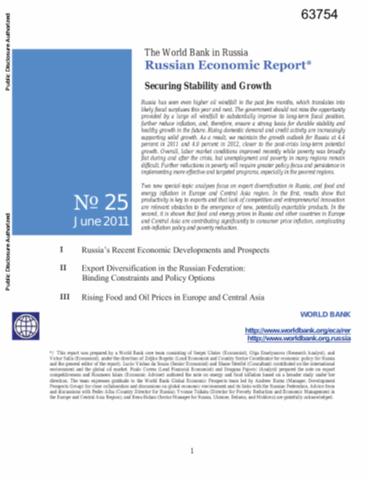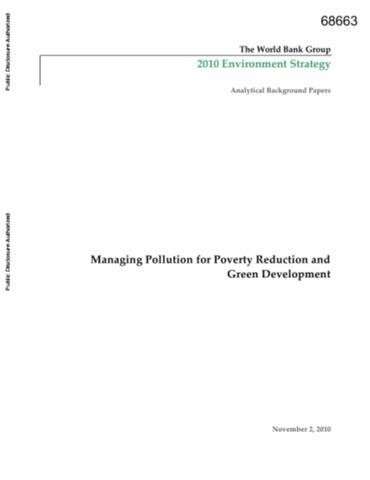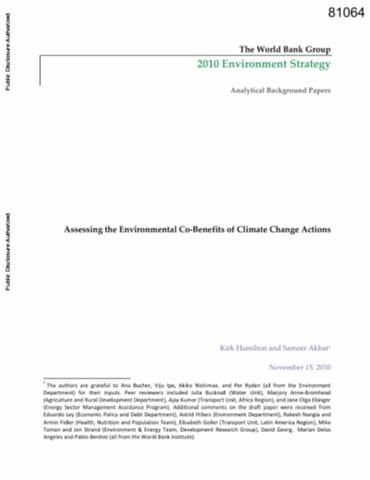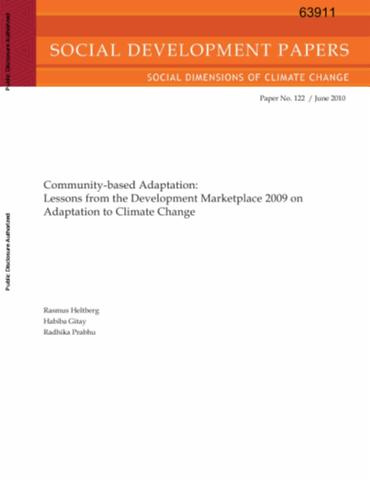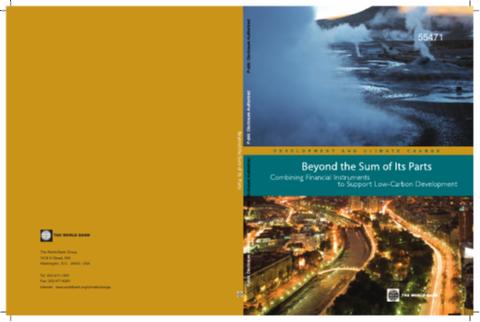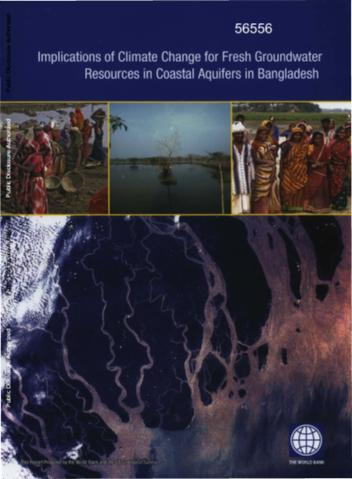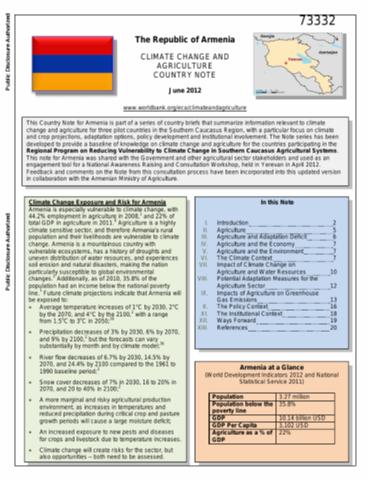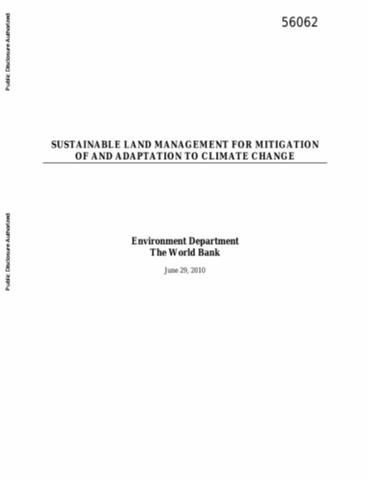Development, Climate Change and Human Rights from the Margins to the Mainstream?
Since 2005, a growing number of vulnerable communities and nations have used the human rights lexicon to argue their case for an urgent and ambitious response to climate change. The purpose of this Social Development Department Working paper is to examine the emergence of a new discourse linking climate change and human rights, and to assess its social and political implications, particularly as they relate to development practitioners.

